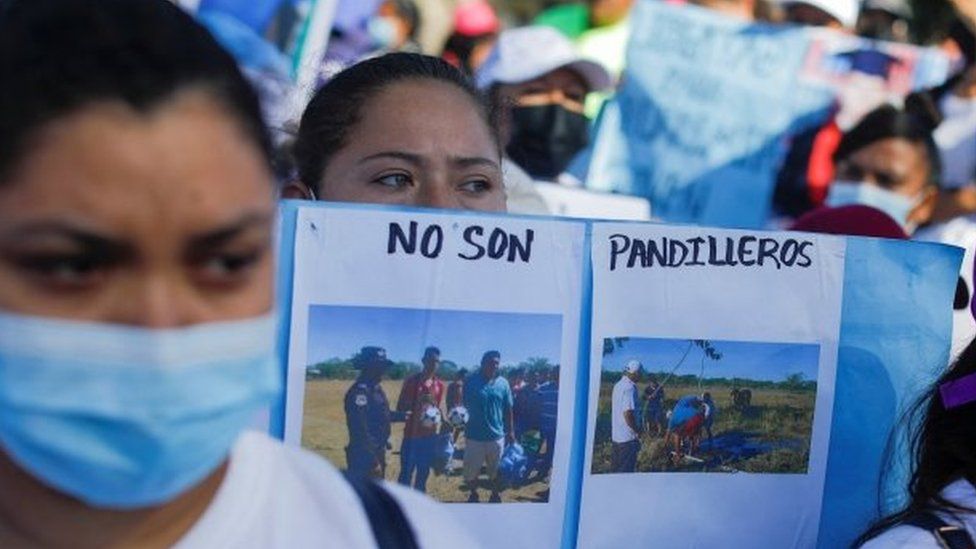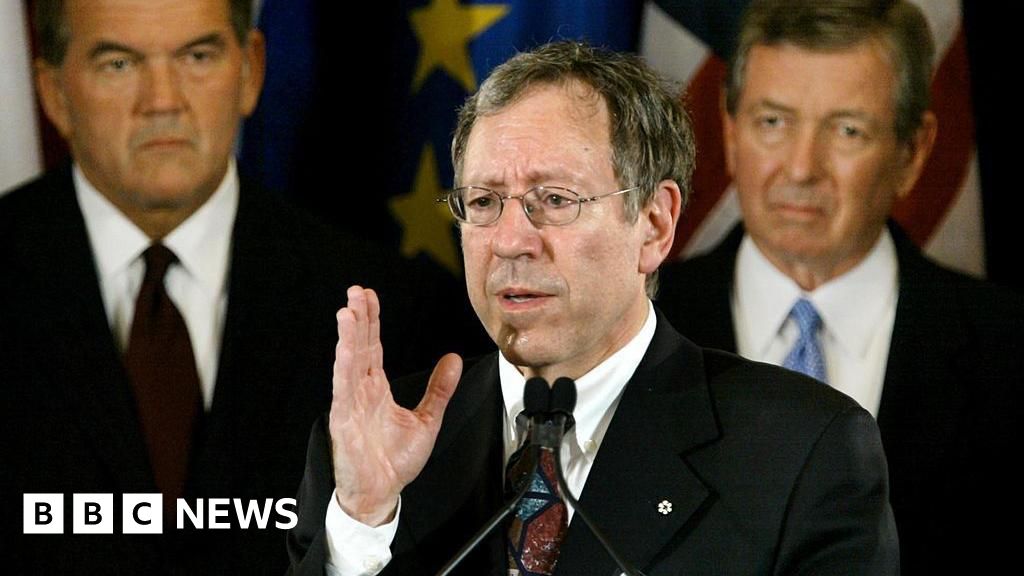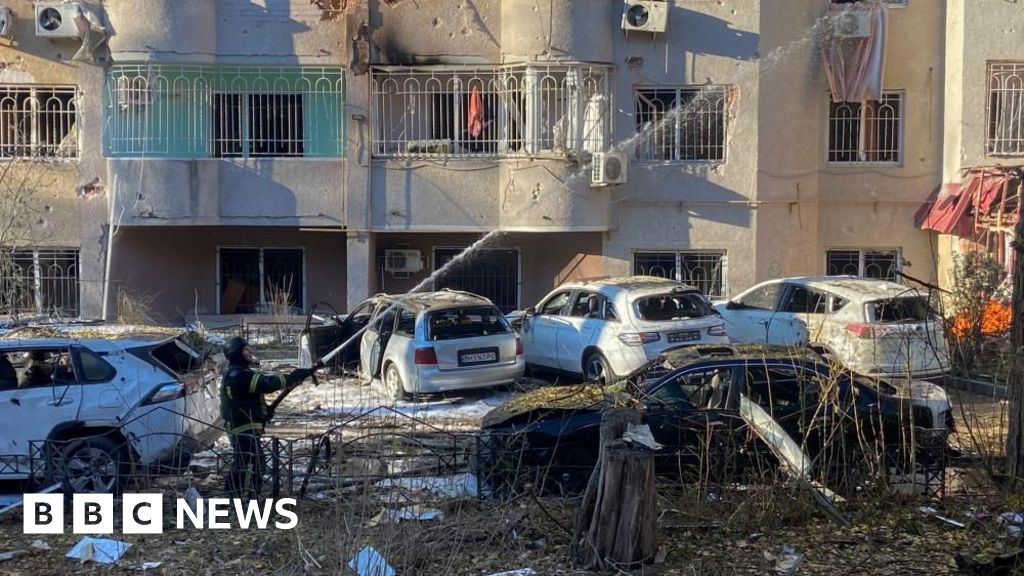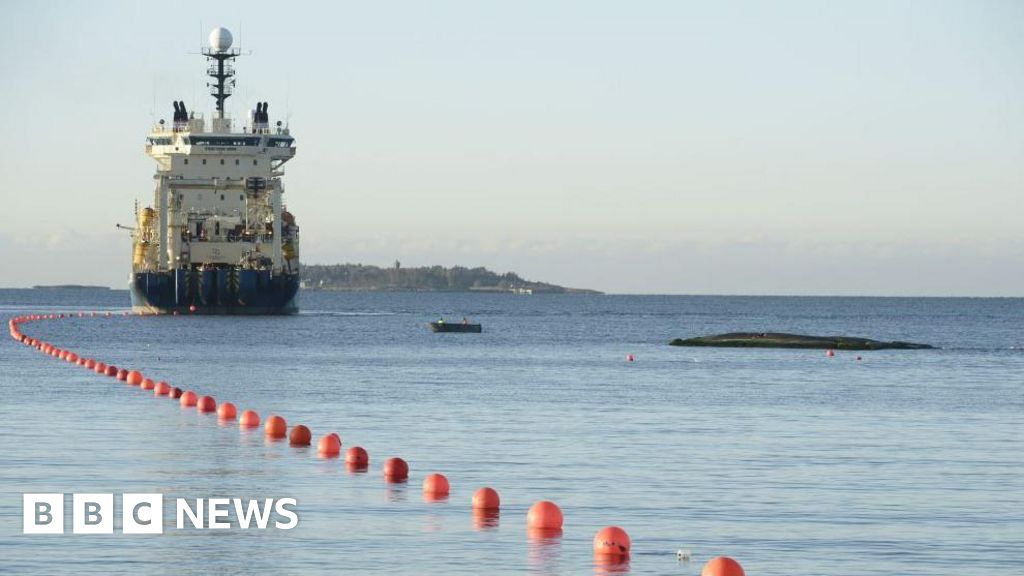ARTICLE AD BOX
By Vanessa Buschschlüter
BBC News
 Image source, Reuters
Image source, Reuters
Relatives of those detained during the state of emergency held a protest on Tuesday
El Salvador's government has extended a controversial state of emergency by another month for a fourth time.
The special measures were declared in March to combat rampant gang violence.
Since then, 46,000 people have been arrested on suspicion of belonging to gangs in the country of 6.5m people.
Human rights groups say the measures, which allow police to arrest suspects without warrants, have led to arbitrary detentions. But the government argues they have made the country safer.
One local rights group says dozens of people have died while in detention.
The extension passed by 67 votes in favour and 15 against in the legislative assembly, where allies of President Nayib Bukele are in the majority.
The state of emergency was first declared on 27 March after a particularly violent weekend during which 87 people were killed.
It was originally meant to last for 30 days but has since been extended four times and will now be in force for an extra month until late August.
Under the emergency measures, certain constitutional rights such as the right to assembly have been curtailed and the security forces have been given more leeway to carry out arrests. The sentences for gang membership have also been increased.
Human rights groups say among those arrested during the state of emergency are children who do not have any links to gangs.
Amnesty International said that the state of emergency had "undermined the rights to defence, the presumption of innocence, effective judicial remedy and access to an independent judge".
Salvadorean rights group Cristosal said it had documented 63 cases of people arrested during the state of emergency who had died in detention.
Cristosal's Ruth Eleonora López said that among those who had died were people with diabetes and renal problems who did not receive the necessary medication while in custody.
Lawmakers aligned with the government nevertheless praised the state of emergency on Tuesday.
Caleb Navarro of the president's Nuevas Ideas (New Ideas) party said that thanks to the measures, El Salvador had "ceased to be the most dangerous country in the world".
Defence Minister René Merino Monroy also dismissed criticism from international organisations, saying that "we don't need advice from anyone to confront crime, neither from here nor from outside the country".
"What we are doing has yielded enormous results," he said.

 2 years ago
19
2 years ago
19








 English (US)
English (US)